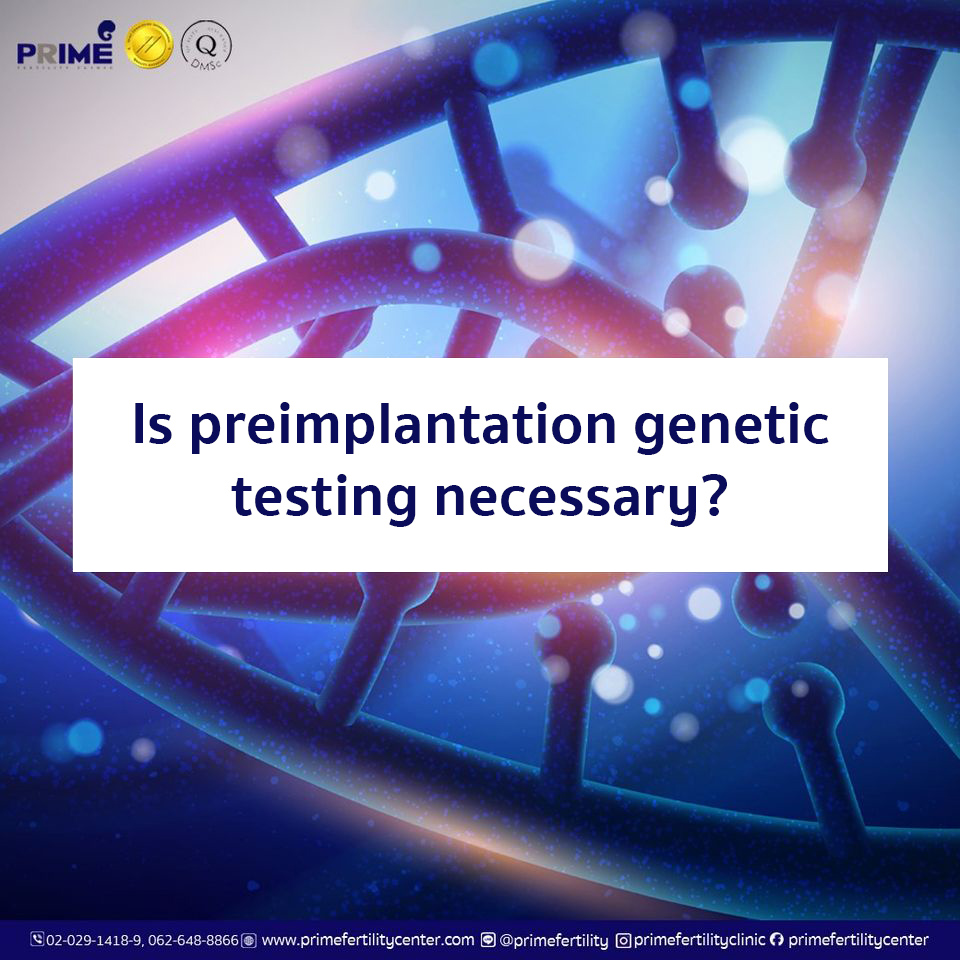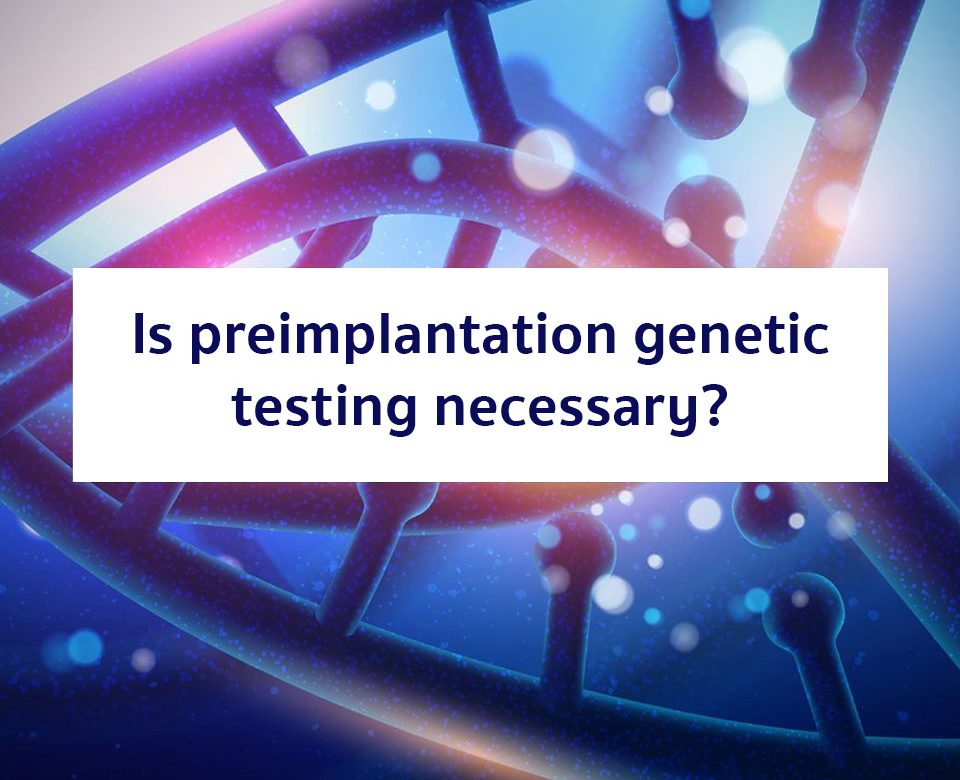Preimplantation genetic testing (PGT) is an innovative technology for screening chromosomes abnormalities of embryos before implantation.

PGT can be performed on day 5 after fertilization (Blastocyst Stage). Nowadays, PGT is available for all 23 pairs of chromosomes including 22 pairs of autosomes and 1 pair of sex chromosomes.
Risk of genetic abnormalities affects every development and existence of embryo. Considered as a serious obstacle in the future. Genetic abnormalities not only impact embryo implantation but also may lower a pregnancy opportunity as well.
Pregnancy in advanced maternal age is risky to have an embryo with abnormalities because of a chromosomal mutation. Therefore, it can reduce a pregnancy chance or even cause a recurrent miscarriage. Women in this vulnerable group need to be diagnosed PGT as well as people who inherit or possibly pass any genetic disorders to their offspring. This test is to minimize the risk of having genetic disorders to a baby consequently.
Thus, couples who are carrying the risk of genetic abnormalities should consult a fertility specialist, attend a fertility treatment using the assisted reproductive technology (IVF/ICSI) along with PGT in order to screen or detect any genetic disorders on their embryos. Overall, the main advantage is to increase a pregnancy opportunity and ensure that the baby will be free of any genetic diseases.
Reference: Prime Fertility Center Co., Ltd.
https://www.primefertilitycenter.com/en/is-preimplantation-genetic-testing-necessary/



